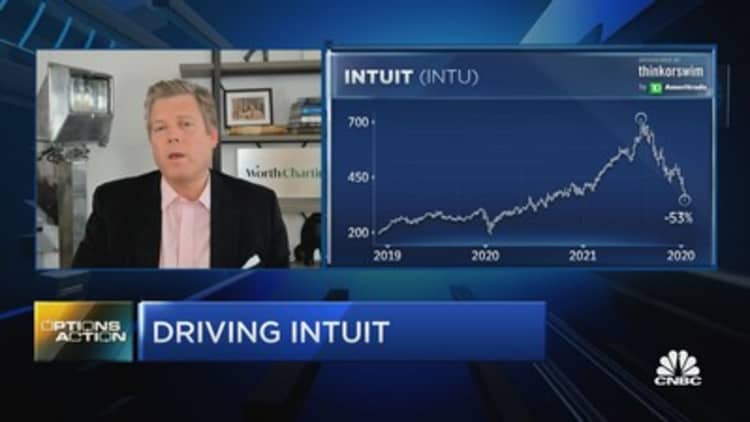DETROIT — Ford Motor CEO Jim Farley expects the auto industry's ongoing transition to electric vehicles to force major consolidation among automakers and suppliers in the years ahead.
Farley said the massive amounts of capital needed to invest in the technologies will force smaller companies to be acquired and put pressure on new electric-vehicle start-ups that are already running into trouble as funding dries up.
He said there will be more acquisitions, compared with the partnerships or joint ventures that are more common today. Legacy automakers and suppliers, he said, "absolutely will get consolidated."
"There will be some big winners, some people who transition, some who won't. Many of the small players cannot afford to make this transition," Farley said Wednesday during the Bernstein 38th annual Strategic Decisions Conference.
Farley said the market that EV start-ups are going after isn't "big enough to justify the capital that they're spending or the valuations."
Chinese automakers around the corner
Farley expects Chinese EV companies to gain an edge over U.S. players.
"There's a shakeout coming, and I feel like that shakeout is going to favor many of the Chinese new players," he said, without naming any start-ups. High-profile EV players in China include Nio, XPeng and Li Auto.

Farley did cite China's top-selling Hongguang Mini EV, which is produced through a joint venture between General Motors and Chinese automakers SAIC and Wuling, as an example of a vehicle that doesn't cost a lot to build but is popular with consumers.
To make EVs more affordable while staying profitable, Ford and other traditional automakers will need to cut down on costs.
Farley said Ford estimates that Tesla's direct-to-consumer sales model costs $2,000 less than what Ford spends on selling through its franchised dealers. Farley has been a supporter of customers ordering new cars and trucks straight from the company, rather than picking one off a dealer's lot.
No Super Bowl ads
Farley, a former chief marketing officer, also criticized the amount of money Ford spends on marketing. In a nod to Tesla's marketing strategy, he said he's not convinced traditional marketing is necessary if Ford is running its EV business properly.
That money could be better spent on incentives and vehicle updates to retain customers, he said. As an example, he cited a "birthday" for EVs that would include a detail of the vehicle and other checks.
"We should be doing stuff like that, instead of doing Super Bowl ads," he said. "If you ever see Ford Motor company doing a Super Bowl ad on our electric vehicles, sell the stock."
The comments come after automakers including GM, Nissan Motor and EV start-up Polestar ran Super Bowl ads featuring electric vehicles.


